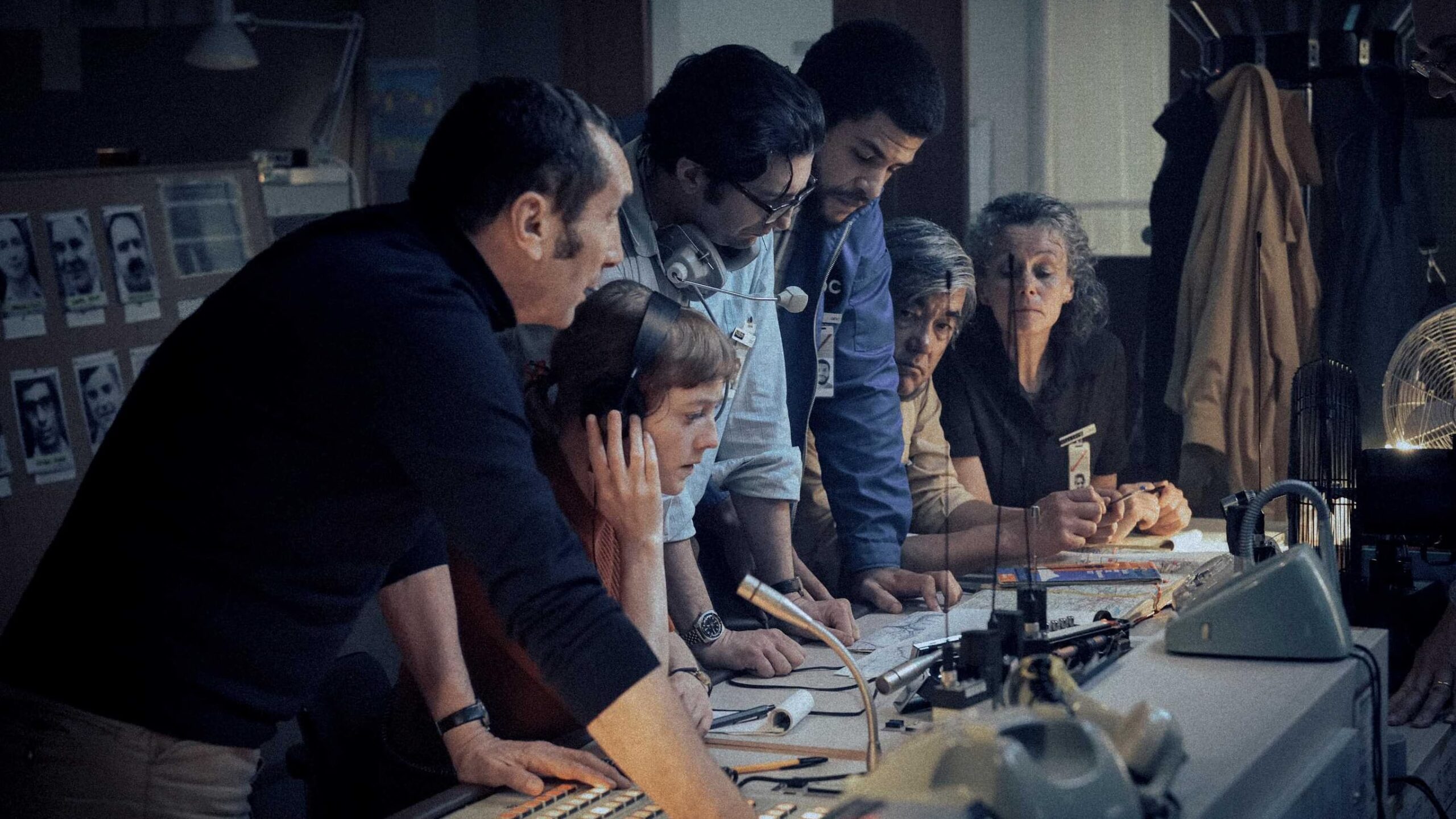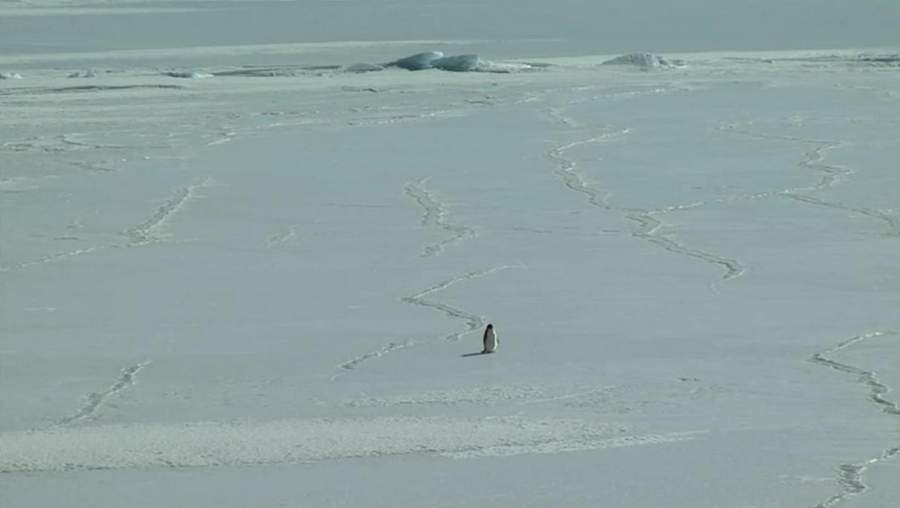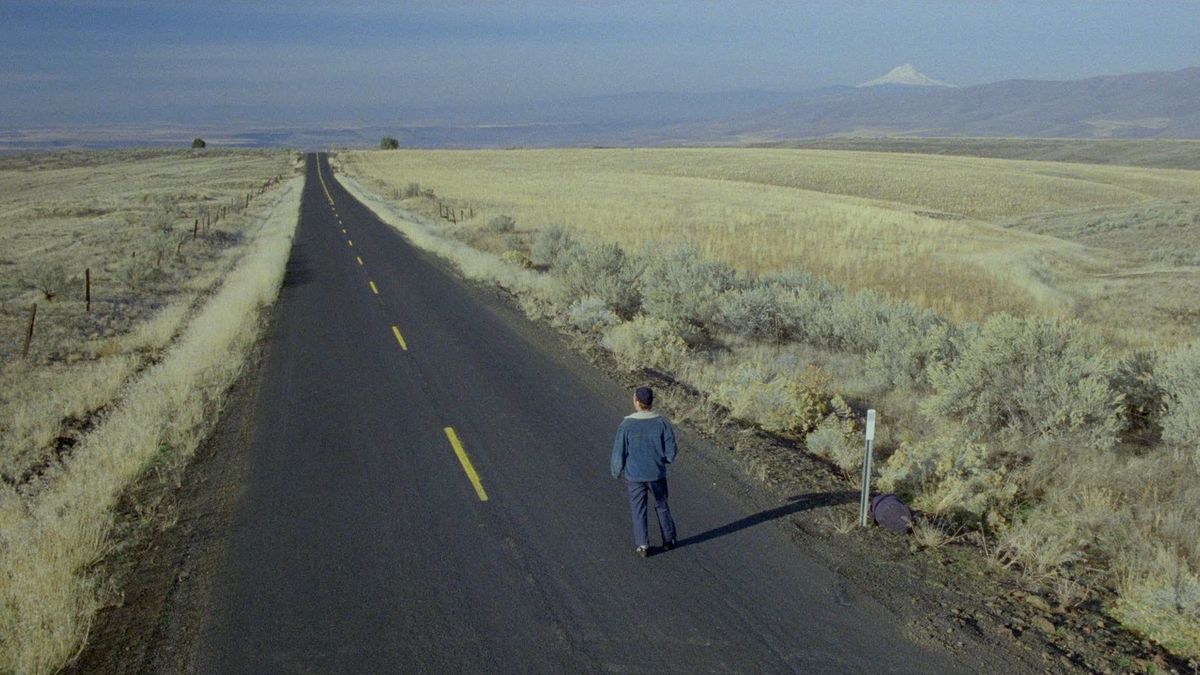A Compassionate Spy (2022)

7.5
An uncommonly intimate look at the personal impact of the Manhattan Project, one that avoids oversimplification despite its unabashed partiality
Movie
United States of America
English, German
Documentary, Drama
2022
STEVE JAMES
Ann Harding, Dwight D. Eisenhower, Harry S. Truman
102 min
TLDR
It’s quite a feat Joan Hall pulls off, stealing the thunder in a movie with as fascinating a subject as this.
What it's about
An exploration of the motivations, political impact, and personal legacy of Ted Hall, a young Manhattan Project physicist who leaked nuclear secrets to the USSR.
The take
As its title suggests, Steve James’ documentary isn’t shy about its sympathy for its subject. Physicist Ted Hall was just 18 when he was recruited to the Manhattan Project and underwent a crisis of conscience when it became apparent that the atomic bomb’s ostensible target — Nazi Germany — was on the brink of defeat. Concerned by the possibility that, post-WW2, the US would achieve a nuclear monopoly and become a new kind of imperialist power, Ted and friend Saville Sax leaked key information to the USSR.
James’ film takes a decidedly intimate approach: while it dips into archival interviews Ted gave before his death and provides background context via scholars, it’s mostly led by Ted’s wife Joan, a spirited interviewee. Her moving contributions expand the film’s scope, making it as much a portrait of a marriage as a study of the political impact his actions had. James also interviews their children — as well as those of his partner-in-espionage, Saville — to explore the conflicted personal legacy their actions left. In not limiting itself to a macro perspective, the film opens itself up to be more than a look in history’s dusty rear-view mirror, making it a welcome tonic to the Wikipedia-style approach commonly employed for subjects like this.
What stands out
It’s clear that James’ opinion of his subject is a deeply sympathetic one — and it’s easy to see how he arrived at that judgment when you hear Ted’s motivations first-hand and consider that he was one of the few scientists at Los Alamos who felt moved enough to actually act on their ethical misgivings. To its credit, though, the documentary also explores the moral crisis that tormented Ted in his later years as a result of revelations about Stalin’s actions in the USSR. The film’s self-awareness in this regard — its recognition that things might not have been so clear cut, even for Ted — as well as its empathetic focus on the impact his actions had on his loved ones open up avenues for even critics of Ted’s actions to engage with its fascinating material.
Comments
Your name
Your comment
Your comment
UP NEXT
UP NEXT
UP NEXT
Curated by humans, not algorithms.

© 2025 agoodmovietowatch, all rights reserved.


















